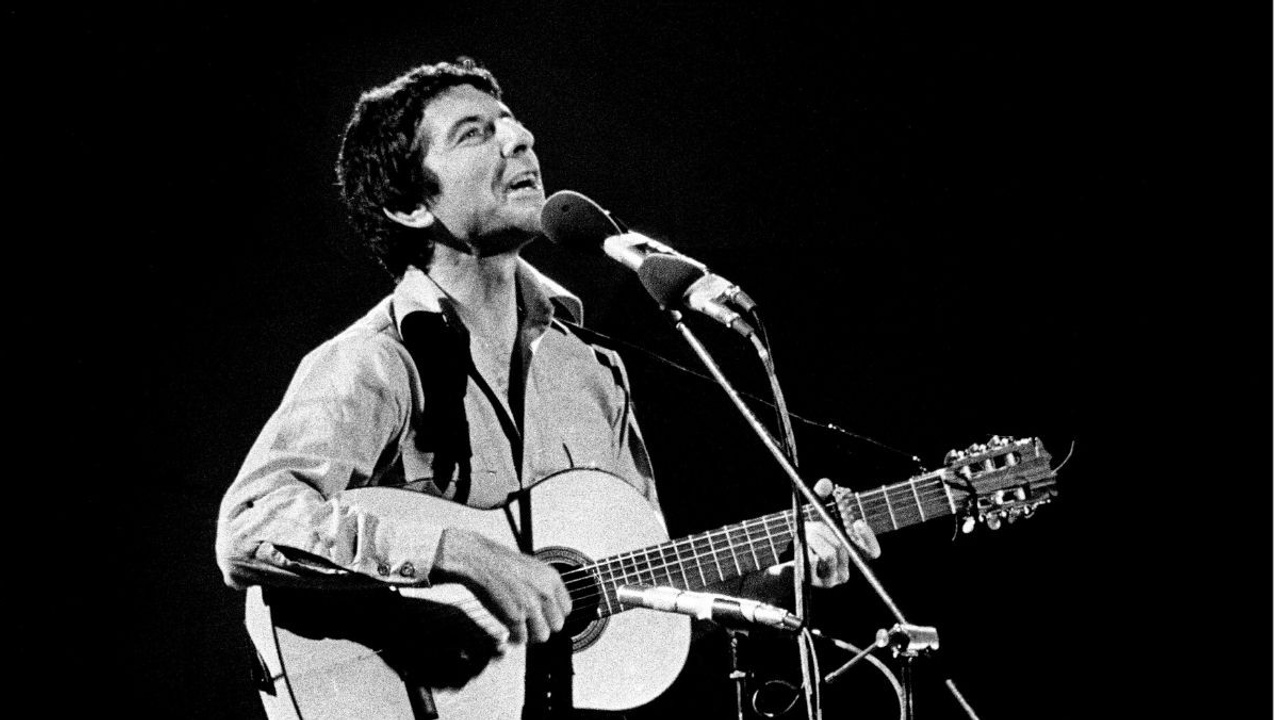Listen to This: Revisionist History - Hallelujah
Jan 06, 2020
Do your songs mostly come to you in a flash of inspiration? Or do you labor over them, writing draft after draft after draft?
One of the great myths of songwriting (and creativity in general) is that “real artists” work quickly and easily. They don’t struggle with their art. It just pours out of them.
Well that’s definitely true for some of the world’s greatest artists. But there’s a whole other kind of genius that doesn’t get as much credit as it deserves.
In this inspiring episode of Revisionist History, Malcom Gladwell dives deep into “what happens when genius takes its sweet time to emerge.” What he discovers is so enlightening, and may really resonate with you if you take days, weeks, months or even years to finish your best songs.
Here’s the gist.
According to David Galenson, there are two kinds of geniuses.
Conceptual Innovators: These are the ones who burst onto the scene at a young age in a blaze of glory. They have super specific ideas about what they want to say and are able to articulate their ideas easily and quickly. They’re planners. They’re meticulous. They’re the storybook geniuses we tend to think of (and secretly all wish we were).
Experimental Innovators: These artists work slowly and without a clear or easily articulated idea. They don’t know exactly where they’re going. They find their way through trial and error and endless drafts and re-workings. As Gladwell says, “It can take them a lifetime to figure out what they want to say.” When they do, it is well worth the wait.
So, who are these lucky Conceptual Innovators of the music world?
Well, Bob Dylan wrote some of his best songs in 15 minutes. “Bridge Over Troubled Water” by Simon & Garfunkel was written so quickly that Paul Simon admitted, “When it was done I said, where did that come from? It doesn’t seem like me.”
And who are these elusive Experimental Innovators?
Elvis Costello and Leonard Cohen are two of them, and Gladwell uses their songs "The Deportees Club" and "Hallelujah" to demonstrate.
Costello originally recorded a mediocre version of “The Deportees Club” and released it on his self-described “worst album.” But he didn’t give up on the song. There was something in there and he kept at it, finally finding his stride in a beautiful acoustic version on a deluxe album years later. In Gladwell’s words, “That mediocrity had contained a bit of genius. It’s just that it hadn’t become genius yet.”
“Hallelujah” is perhaps the most undeniable example of Experimental Innovation. Cohen labored over those lyrics for over 2 years, writing 50-70 different verses of it. Apparently he banged his head on the hotel floor in his underwear because he just could not crack the damn code. In fact, he never quite finished it, and the story of how the version we all know came to be is totally fascinating.
Our take-aways from this podcast:
Art is not necessarily SUPPOSED to be easy.
Uncertainty, trial and error, doubt and struggle can be a VERY GOOD THINGS.
Keep writing. Keep re-working. Keep editing . . . but if you find yourself writing 70 verses to a song, it's time to bring in some reinforcements.
Listen to the podcast HERE or on your preferred podcast app.
Happy Writing,
Allie & Bess

